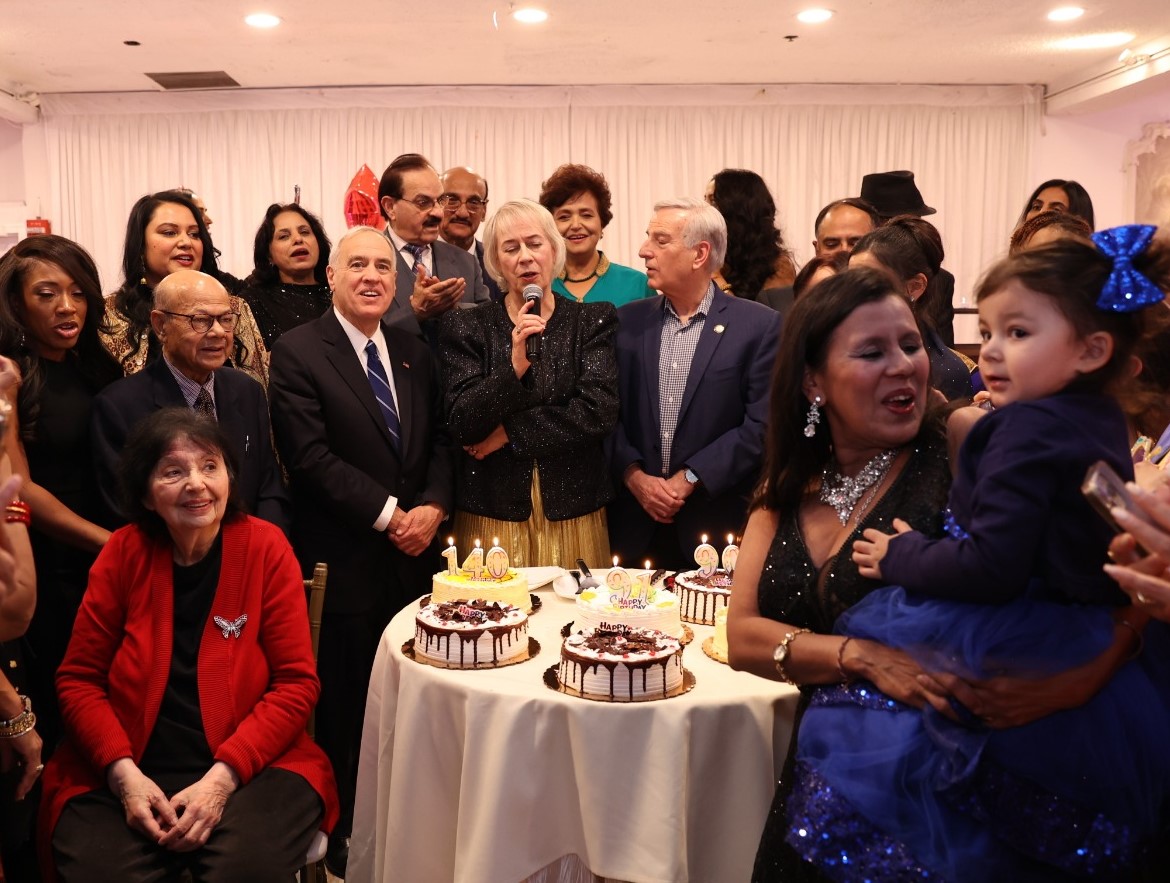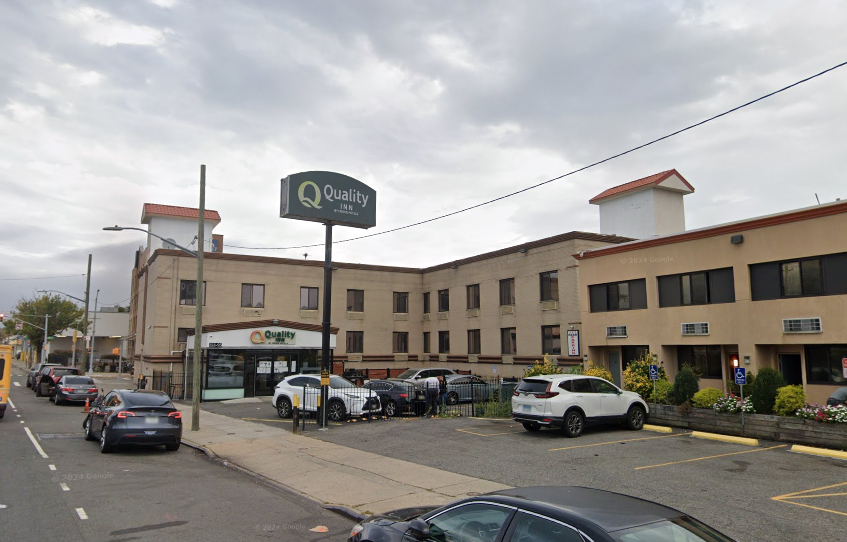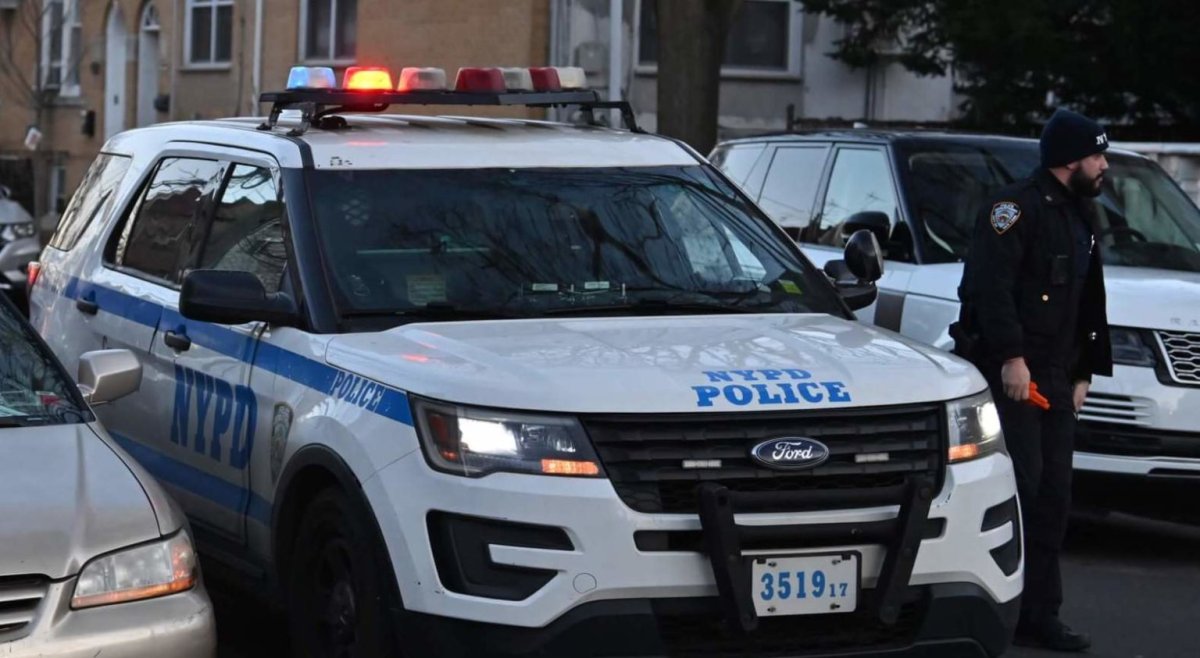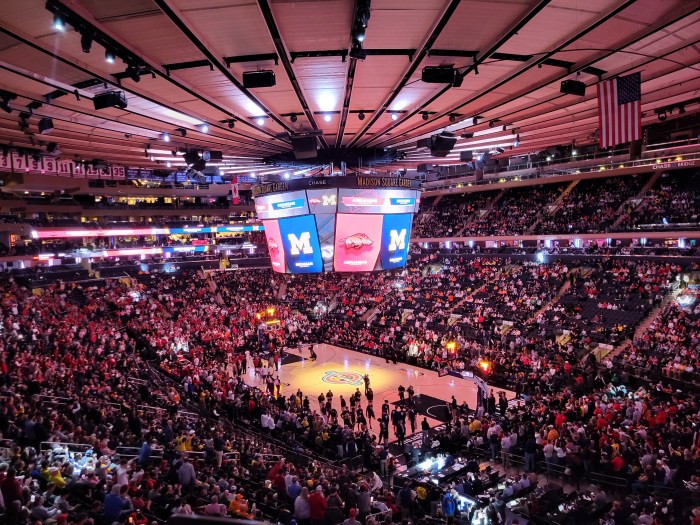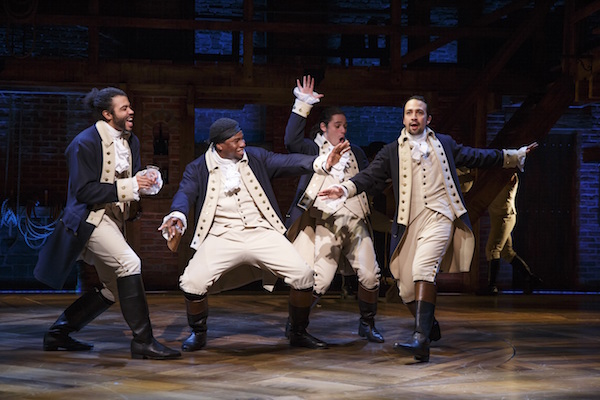
BY JACKSON CHEN | In the final hours of the 2016 regular session, the State Assembly moved to burst the bubble of scalpers who use the unfair advantage of ticket-purchasing software to inflate Broadway prices to outrageous levels.
Anyone using ticket-purchasing software, which can secure hundreds of tickets within seconds, would be hit with a criminal misdemeanor charge and anywhere from 15 days to a year of jail time, according to the bill passed on June 17. Previously, use of such software was a civil, not criminal offense.
The measure, sponsored by Assemblymember Marcos Crespo, a Bronx Democrat, and earlier approved by the State Senate, also increases fines on scalpers who use their illegal edge from the previous range of $500 to $1,000 to $500 to $1,500. Repeat offenses within three years would be subject to fines ranging from $1,000 to $5,000.
Crespo is hoping the new bill will level the playing field for theatergoers by disincentivizing those who use ticket bots and then flip their hundreds or thousands of tickets to New Yorkers for whom regularly priced tickets are consequently less available.
“Countless have lost opportunities to experience the richness of our arts and entertainment industry because there are those willing to circumvent [the system] by using automated software to deprive the average consumer of access to entertainment venues,” Crespo said. “The top music, theater, and athletic talent of our nation have priced their events at levels affordable to the mass public.”
To be sure, voracious demand has already driven up ticket prices, especially among hit Broadway shows. The producers of “Hamilton,” the smash hip-hop historical musical recently awarded 11 Tonys, raised premium tickets to $849 from $475 in June, with regular ticket prices also increased, from $139 to $177 to $179 to $199.
But “Hamilton” tickets often cost a multiple of that due to the scalpers’ use of bots.
“You shouldn’t have to fight robots just to see something you love,” the show’s creator, Lin-Manuel Miranda, wrote in a recent New York Times op ed.
Broadway producers have a complicated relationship with secondary market resellers. On one hand, keeping ticket prices low ensures a growing market over the long term, but resellers can help gin up demand and buzz for popular shows.
“To some degree, producers need the secondary market. You want your show to be a success, therefore you want your tickets to be resold,” said Kimberly Loren Eaton, a Broadway producer. “However, these bots that can buy a thousand tickets in one minute completely change the playing field.”
Scalpers using ticket-buying bots can often command $1,000 or more for premium tickets. Such high prices benefit the scalpers but add nothing to the profits and incentives for producers and creative teams on Broadway. Eaton said she’s often asked by theatergoers why prices are rising so quickly, and has to defend herself and her Broadway peers by explaining that resellers — and not producers — are responsible for most of the ticket price inflation.
The Broadway League, the national trade association of the Broadway theater industry, said the current setup leaves theater lovers with little chance of scoring tickets to the most popular shows.
“In Broadway, we see it with the big shows and at the end of the year with peak tourism,” said Tom Ferrugia, the league’s director of governmental affairs. “When you have people who want to see a specific show in a specific window, this becomes a huge problem.”
Ferrugia explained that ticket bots may purchase 200 to 300 tickets at once, at a price of $65 a shot, allowing scalpers to turn around and resell them for $250 each.
“A casual ticket buyer is almost precluded from buying a ticket,” Ferrugia said. “Availability is extremely limited because the scalpers bought them all up.”
The previous system of civil fines had not proved effective in deterring ticket resellers, who as a group could make as much as $60 million a year just on “Hamilton” tickets, according to an estimate by the New York Times.
“People come from all over the city and all over the world to enjoy a Broadway show,” said City Councilmember Corey Johnson, whose district covers the chunk of the Theater District west of Broadway. “We can’t allow them to be taken advantage of by scam artists looking to make an easy buck.”
Both Johnson and Ferrugia praised Crespo and his Assembly colleagues for enacting the ticket bot legislation, but Ferrugia added he’d like to see some tweaks to the law. The Broadway League is looking for stricter language requiring resellers to disclose the portion of the price that goes to them, a phone number in case something goes wrong for the buyer, and that they have no affiliation with the show they are selling tickets for.
“Anytime your business model includes hiding how you do business, or hiding your identity from the consumer, you know you should look into it a little further,” Ferrugia said.
Looking at the bigger picture, however, Ferrugia acknowledged that the bill was a huge step forward in addressing the rampant use of ticket bots. The Broadway League is hoping that strict sentences will begin to deter the unfair practice and help consumers feel more welcome on Broadway.
“We want to make sure the patron is not being robbed and have all the information they need to make an informed ticket purchase,” Ferrugia said.
“We want to make sure they get the best product for the best price.”



